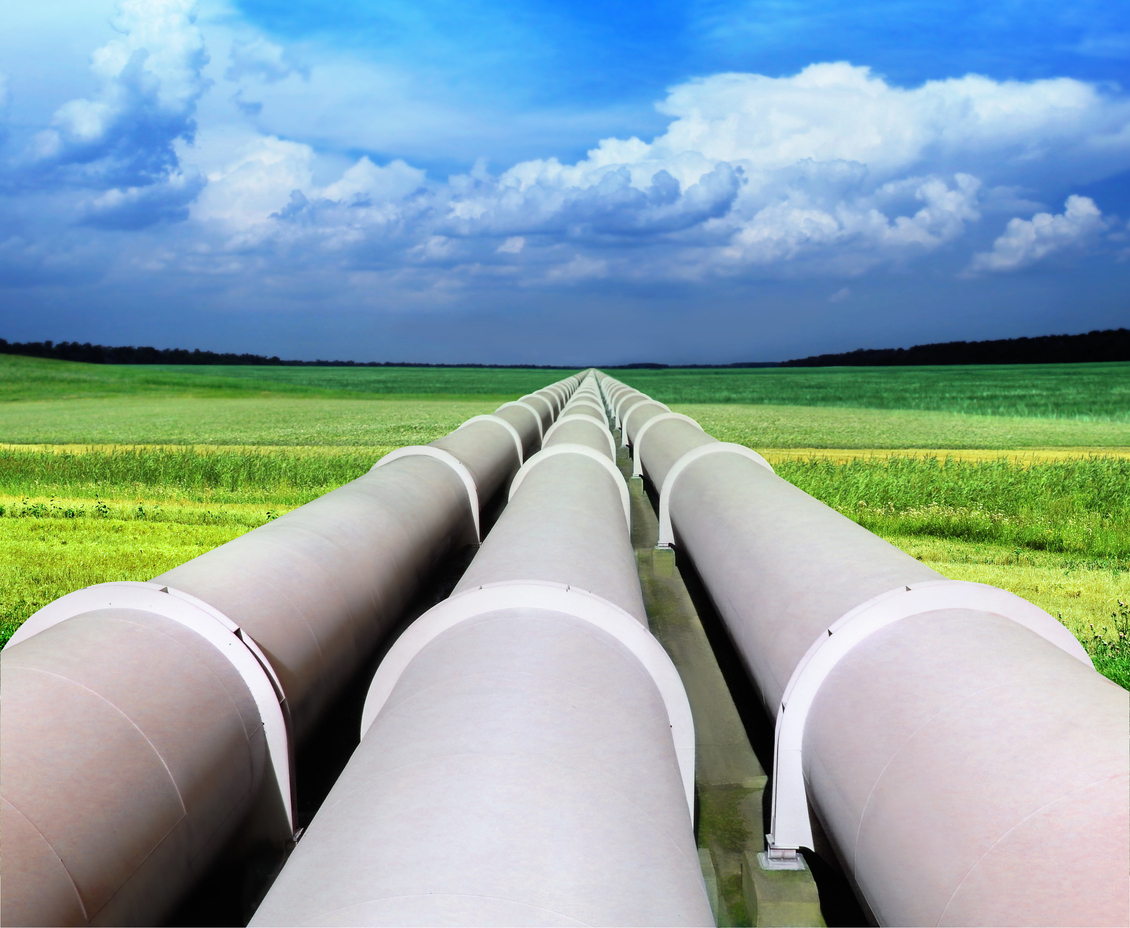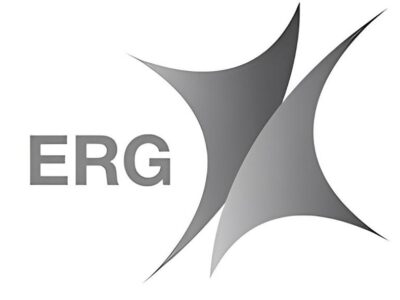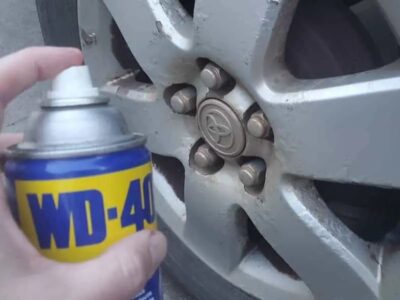We live in an age of energy transition. Alternative energies are making huge strides, and many people wonder whether we still need fossil fuels, or the pipelines that transport them. Here are the answers to some of the commonly asked questions about pipelines:
Do we need pipelines?
Fossil fuels currently power our world. They provide the energy to heat our homes and businesses, cook our food and power our vehicles. Petroleum products are used in the manufacture of everything from plastics and rubber to medical equipment, electronics and more.
There is no doubt that our world would look very different without oil and gas, and experts agree that our dependence is likely to continue for many decades to come, even as alternative energy technologies improve.
Canada needs pipelines because are one of the safest and most environmentally friendly ways to transport oil and natural gas products to market.
Instead of pipelines to tidewater, why don’t we refine our own oil?
Gaining access to new markets is the best way for any industry to ensure it receives the best price for its products or services. For Canada’s oil and gas industry those markets include Eastern Canada, the U.S. and Asia.
Aside from the economic benefits of exports, there are many other reasons why Canada has the perfect number of refineries. Most notable is the fact that the market for unrefined product is broader than the market for specific, refined products, giving producers an edge when it comes to finding customers.
Who benefits from pipelines?
Pipelines in Canada supported about 24,000 full-time direct and indirect jobs in 2015, and contributed about $1.5 billion dollars to government revenues. Every Canadian benefits – not only those directly involved in the industry.
Are pipelines safe?
If you ever wonder about pipeline safety, you might be surprised to learn that Canada’s transmission pipelines operate with a 99.999 per cent safety record. In 2016, there were three liquids spills on transmission pipeline rights of way, resulting in a total of 38 barrels of oil spilled.
Pipeline companies use a wide array of sophisticated technologies to help prevent leaks, and detect them instantly in the rare event that they happen.
You can learn more about pipelines, and why we need them, from the Canadian Energy Pipeline Association.













Comments